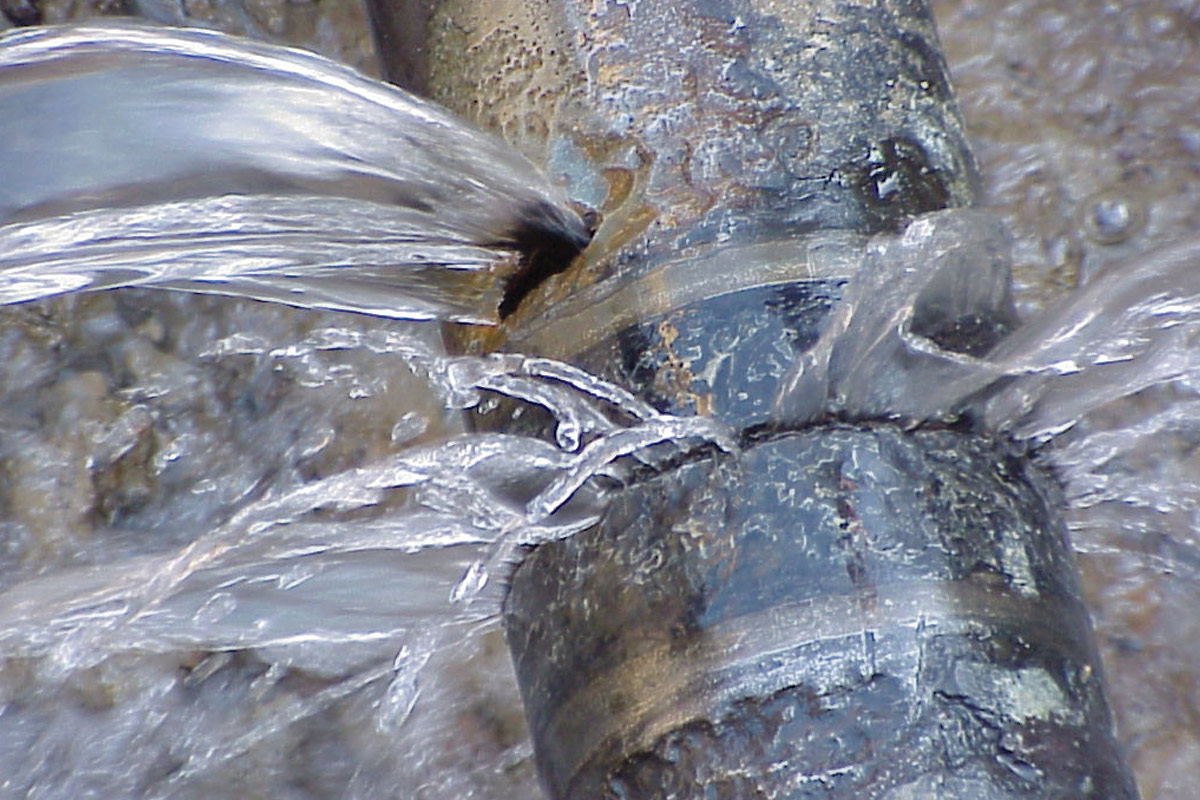
Publisher’s Message – Keystone XL Pipeline Cancellation, Thousands of Jobs Lost
On his very first day in office, President Biden revoked the permit for the Keystone XL pipeline. Revocation of the permit will cost 10,000 union construction jobs and 30,000 other jobs resulting from the ripple effect of jobs lost in support of the construction workers.
The Keystone XL Pipeline was planned to transport barrels of oil from Alberta Canada to the Texas Gulf Coast through Montana, South Dakota, Nebraska, Kansas and Oklahoma. This cancellation could affect U.S. relations with Canada. The pipeline length is 1,200 miles and 300 miles have already been constructed.
The pipeline cancellation was attributed to environmental concerns. But consider this, according to Terry O’Sullivan, general president of the Labors International Union of North America, noted that TC Energy, owner of the pipeline, “had committed $1.7 billion to operate the pipeline with renewable energy and achieve nets-zero emission within two years.”
There is always concern about pipeline spillage, leakage and damage from open-cut construction. However, Mark McManus, president of the United Association of Journeymen and Apprentices of the Plumbing and Pipe Fitting Industry of the United States, Canada (UA), stated pipelines are, “The safest and most efficient modes of energy transportation in the world.”
Railroads and trucks transporting oil are known for major incidents in the past. Even ship transportation has had catastrophes. Remember the Exxon Valdez Alaska oil spill in 1989?
Many communities will see the loss of revenue from right-of-way agreements and taxes. As an example, Medina County, where I live, has benefited hugely from real estate taxes from the Nexus Pipeline. This even includes Native American tribes and Canada’s Indigenous Peoples who were counting on such revenue. Luke Duncan, chairman of the Ute Indian Tribe Business Committee noted his “tribe and other energy producing tribes rely on energy development to fund our governments and provide services to our members.”
From a trenchless standpoint, there will be no road, railroad and waterway crossings. Thus, no HDD, auger boring or pipe ramming projects. This affects the manufacture of new and/or rental of equipment. No tooling will be required, goods from suppliers will be unnecessary and service providers will lose out too. All of this results in more job loss.
There have been many, many lawsuits from environmental groups, governments, and even Native Americans and Canada’s Indigenous Peoples. From what I know, these have primarily all been resolved.
It’s hard to say when renewal energy will totally reduce our reliance on fossil fuels, but we know it’s going to be years and years. And keep in mind how much fossil fuel is needed in the production of what goes into the wind and solar farms. I certainly support the pursuit of renewable energy. Heck —Benjamin Media publisher of Trenchless Technology even launched Solar Builder to cover that growing industry.
We need to be a balance of all this so we do not have such a dramatic negative impact on the U.S. economy. We cannot afford this kind of job loss as we struggle to recover from the COVID-19 pandemic.
Regards,
Bernard P. Krzys, Publisher




